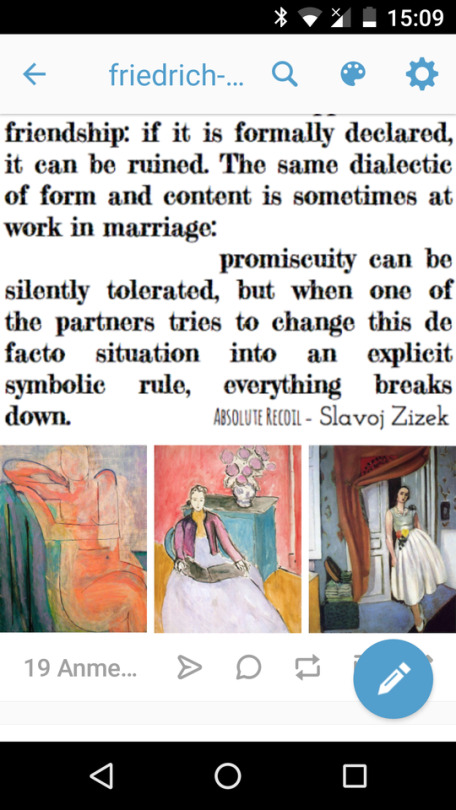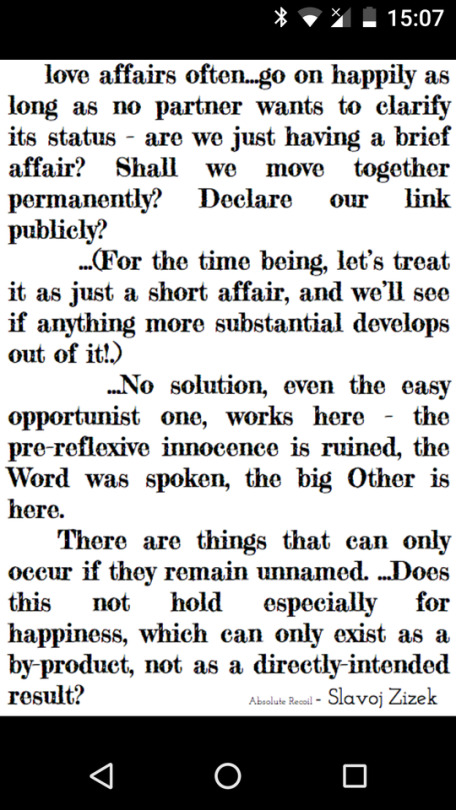This is of course some terrible, Pravda-level analysis. In short:
- To turn this ship around, Democrats need to not just close the margin in some districts, but actually rack up Scott Brown style wins.
- Special elections are when protest votes against the incumbent party should be at their high-water mark. The effect will be smaller in midterms, even smaller in the re-election year.
- This was not the reddest of the red seats. While Democratic Presidents rarely pick up MT, it has an extremely strong local party, that has recently held both Senate seats and in 2013 elected Democratic Governor Steve Bullock. Of all the places an independent Democrat should be able to defy an unpopular national Republican party, it would be here.
- Most political watchers had already known the race would be close, and are not surprised by a “shrinking margin.” This margin was rather safer than we thought it would be.
- And the Republican aggressively assaulted a reporter the day before the election, putting him in the hospital and getting charges filed against the candidate. Democrats couldn’t even win against that epic news story.
All this combined with the earlier special election loss, and a Rasmussen poll putting Trump’s approval at 46%, mean things are really bad for Democrats. The broad public is not rebelling against Trump, not enough to stop him or even slow him down. This should worry us.
But no one’s really surprised that Vox (with its famous liberal bias) wrote a piece saying “thing is great news for Democrats.” We should interrogate that.
If a writer is biased for one political party, we would expect them to talk up the virtues of their candidates and the sins of the opponent, sure. And days before an election, they might do all they can to pump up their voters and disillusion the enemy voters. This all makes sense from the tactical point of view of wanting to advance your political goals.
We can also see why they might just be blind to the costs of their policies, and the benefits of opposition policies. That’s just what a political standpoint means.
But what’s the point of this? What political gain is there in talking up how the situation really is great? And who cares about pumping up voters 17 months before any big election?
This is why I say the most important desire of ideology is being comfortable. Right now, Democrats are sad (I sure am.) The role of the ideology is not to channel our political instincts into successful programs, or even to rev up the war drums before a fight, it’s a much more fundamental human need: to make us feel comfortable. To reassure us when we are scared.
That’s what sells papers and gets re-shares after all. You read something that makes you feel better, especially when you’re uncomfortable, that shows what a cruel and pointless place the world is, and then you want to share it to like-minded allies. This is how the meme propagates.
And once you’re completely swimming in information designed to make you comfortable - not even to score tactical advantage - it’s easy to become wholly disconnected from the rest of the world. Ambiguity and uncertainty after all, aren’t comfortable. Making your enemy into a one-dimensional buffoon is comforting, even if it’s strategically counter-productive.
Ideologies aren’t good at achieving their stated goals, but that’s not what is really driving them anyway.

